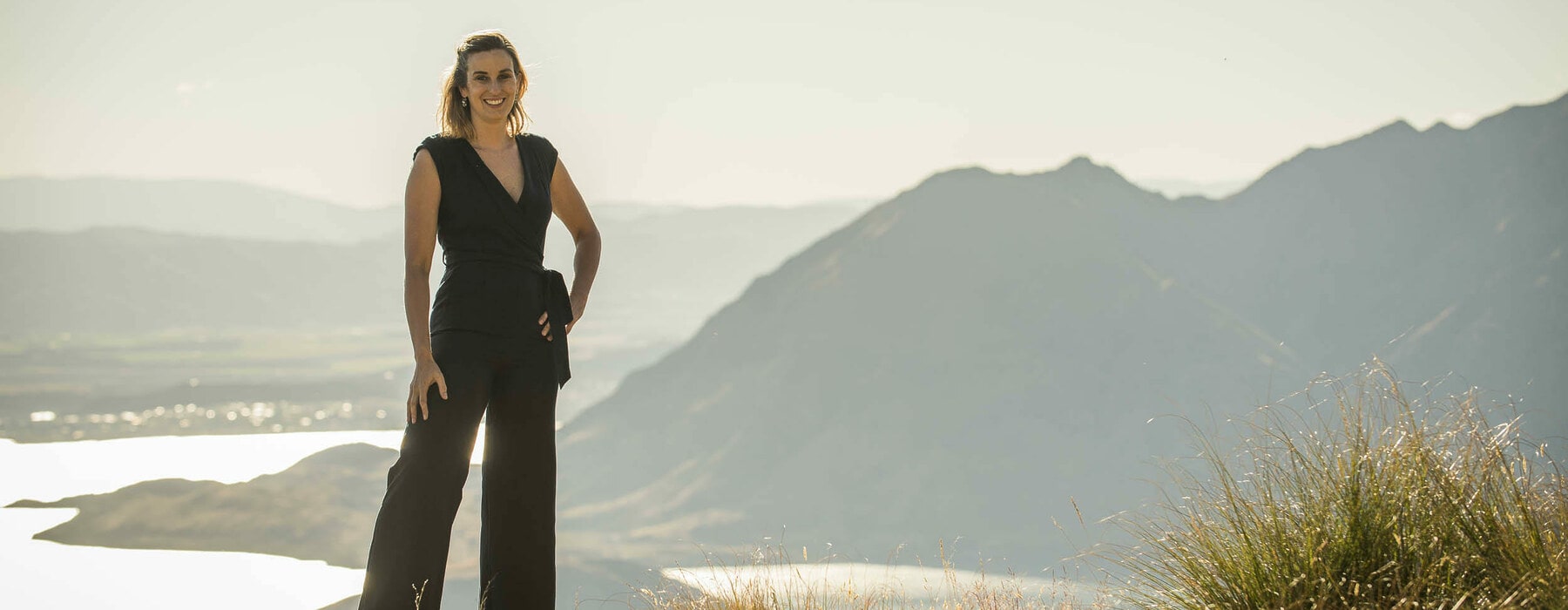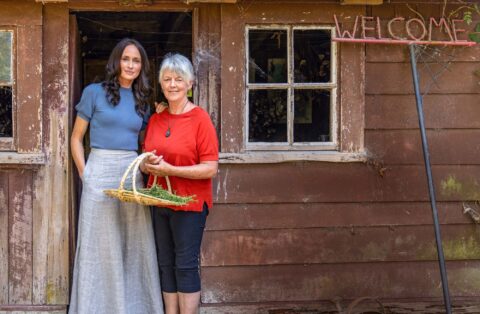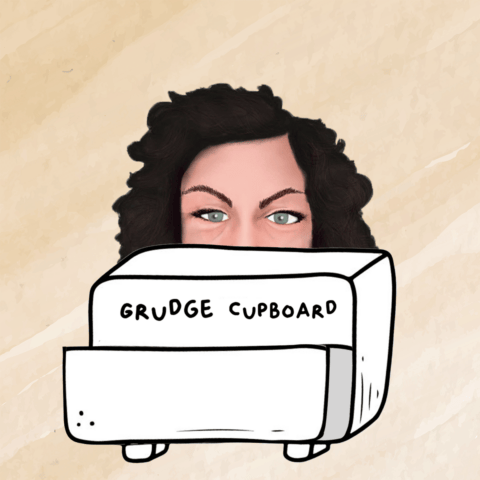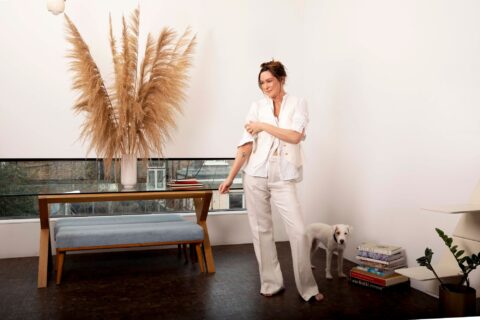There’s no doubt Western medicine has saved millions of lives, particularly when it comes to previously incurable diseases such as HIV/AIDS. But alternative forms of therapy also have their place. Sharon Stephenson speaks to three women who healed their personal trauma by devoting their lives to positive change.
Some people remember what the weather was like on days that turned out to be auspicious. Or what was they were wearing. Or even what they had for breakfast.
Danielle Harper remembers how angry she was.
It was 2013 and Danielle, now the owner of Havelock North’s wellness/movement hub Alma Studio, was working as a prosecutor in Los Angeles.
On a cloudless day, hotter than it probably should be in February, Danielle received a death threat.
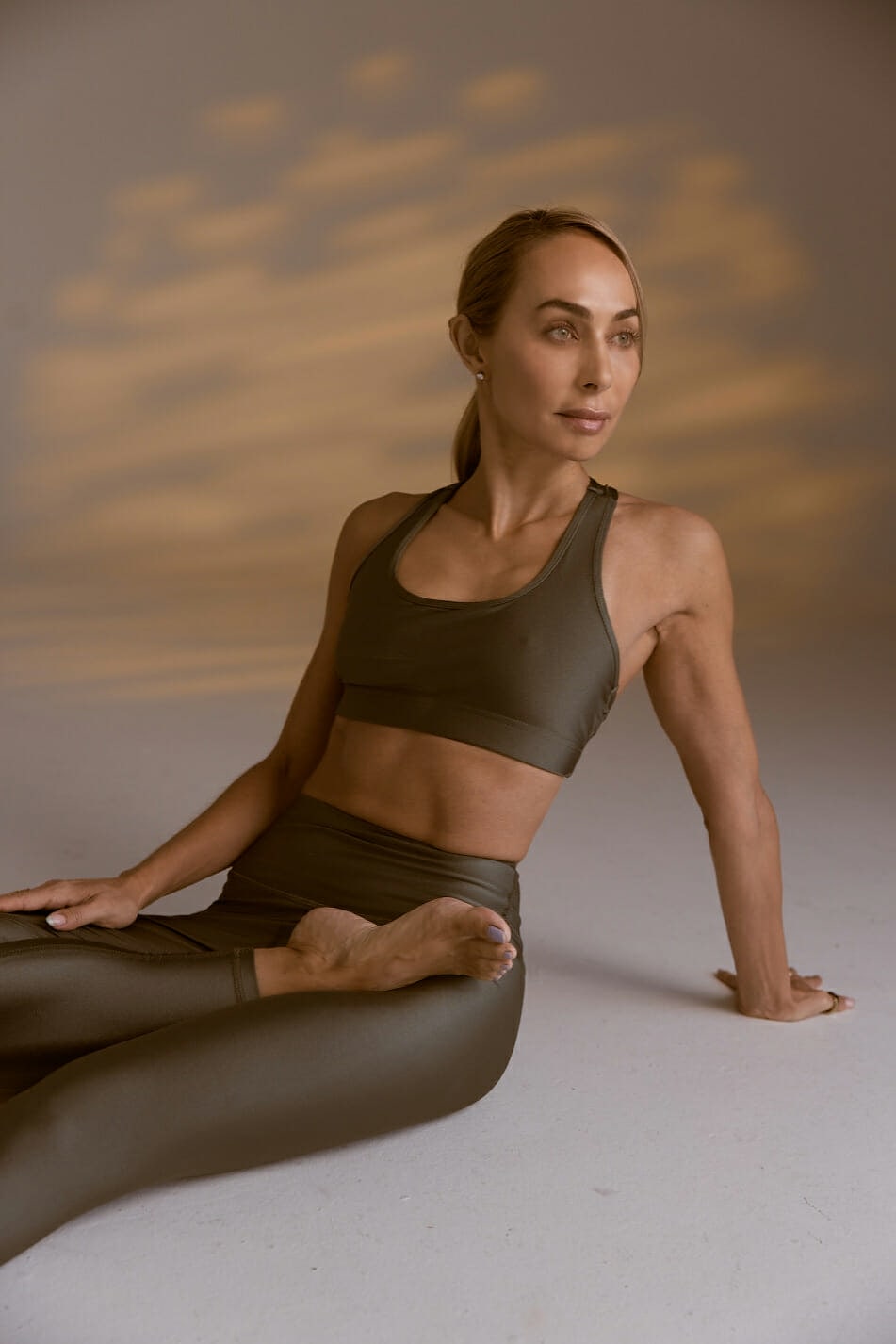
“I specialised in prosecuting street gangs and someone I was prosecuting threatened to kill me,” says Danielle, 40.
It was a moment that changed her life forever.
“I wasn’t going to put up with such insane BS! I knew I had to leave my job, not just to say alive but because if I’d stayed, I might be in a wheelchair by now.”
Danielle has scoliosis, a curvature of the spine which can damage the joints and cause arthritis, possibly leading to immobility. She was first diagnosed when she was 10 and on the cusp of making the USA Olympic gymnastic team.
“It meant I couldn’t get into the team which was hugely upsetting for a young girl who dreamed of competing in the Olympics.”
Although doctors suggested a brace, nothing eventuated and when Danielle presented to doctors four years later, she’d missed the developmental window for any kind of corrective brace.
But her illness did little to blunt her A-type personality traits. “I was a super athlete, a dancer, gymnast and cheerleader. I ignored the pain and kept going which, of course, made my condition worse.”
Danielle finally submitted to surgery when she was 21 which fused three of her vertebrae and inserted a metal rod into her back. While it helped with the curvature of her spine, in retrospect Danielle wishes she’d never had the surgery because the metal rod means she’ll never be able to fully rotate her spine.
Seven years at university didn’t help with her condition, nor did another seven years of putting away LA’s bad guys.
“I was lugging heavy law books around and standing in front of juries in high heels for hours which wasn’t great for my spine.”
After work yoga classes were her saving grace. “It was the only time of the day that I felt good in my body. I have a deformed body and yoga was helping to fix it. I knew I had to focus on that.”
Once Danielle quit her job, to the consternation of her parents and colleagues who couldn’t understand why someone would walk away from the status and financial security of a law career, she spent three years studying yoga, Pilates and Gyrotronics, a mash-up of yoga, Tai Chi and swimming that’s been described as a ‘massage from the inside out’. Or, as Danielle puts it, “Pilates on crack”!
What started out as self healing eventually led to wanting to help others and in 2016 Danielle started teaching mindful movement in LA.
A year later, while on holiday in Nicaragua, she met Tom Harper, a banker from Hawke’s Bay.
Today the couple live on a 2ha lifestyle block with their dog, four rescue sheep and Moove, a purpose-built Gryoytronics studio where Danielle heals not only her body but those of private clients.
In July last year she also opened Alma Studio where she and 15 staff help clients find their way back to health and fitness via a range of movement and meditation classes.
Danielle proudly tells me that today she is fighting fit, with a recent full assessment at the Human Longevity Institute of California showing that she’s in “exceptional health”.
“I’ve improved the curvature of my spine from about 35 to 23 degrees thanks to spending two to three hours a day putting my body into different shapes and breathing into those shapes, as well as daily meditation. I’m also vegan and try to eat and live as healthily as possible.”
“The wisdom in Eastern modalities is much deeper and more tried and true.”
Danielle Harper
Danielle credits Eastern modalities for healing her body. “Western medicine can be a great tool, and I’ve used it before, but it’s not the be-all-and-end-all. There are multiple avenues of treatment but from my perspective the wisdom in Eastern modalities is much deeper and more tried and true.”
****
There was a time when Georgia Vavasour was living the corporate dream. When she spent her days as a portfolio manager in the insurance industry, evenings in Sydney bars and weekends recovering from hangovers.
But in 2013 it all came to a screeching halt when Georgia, now 42, found blood in her stool.
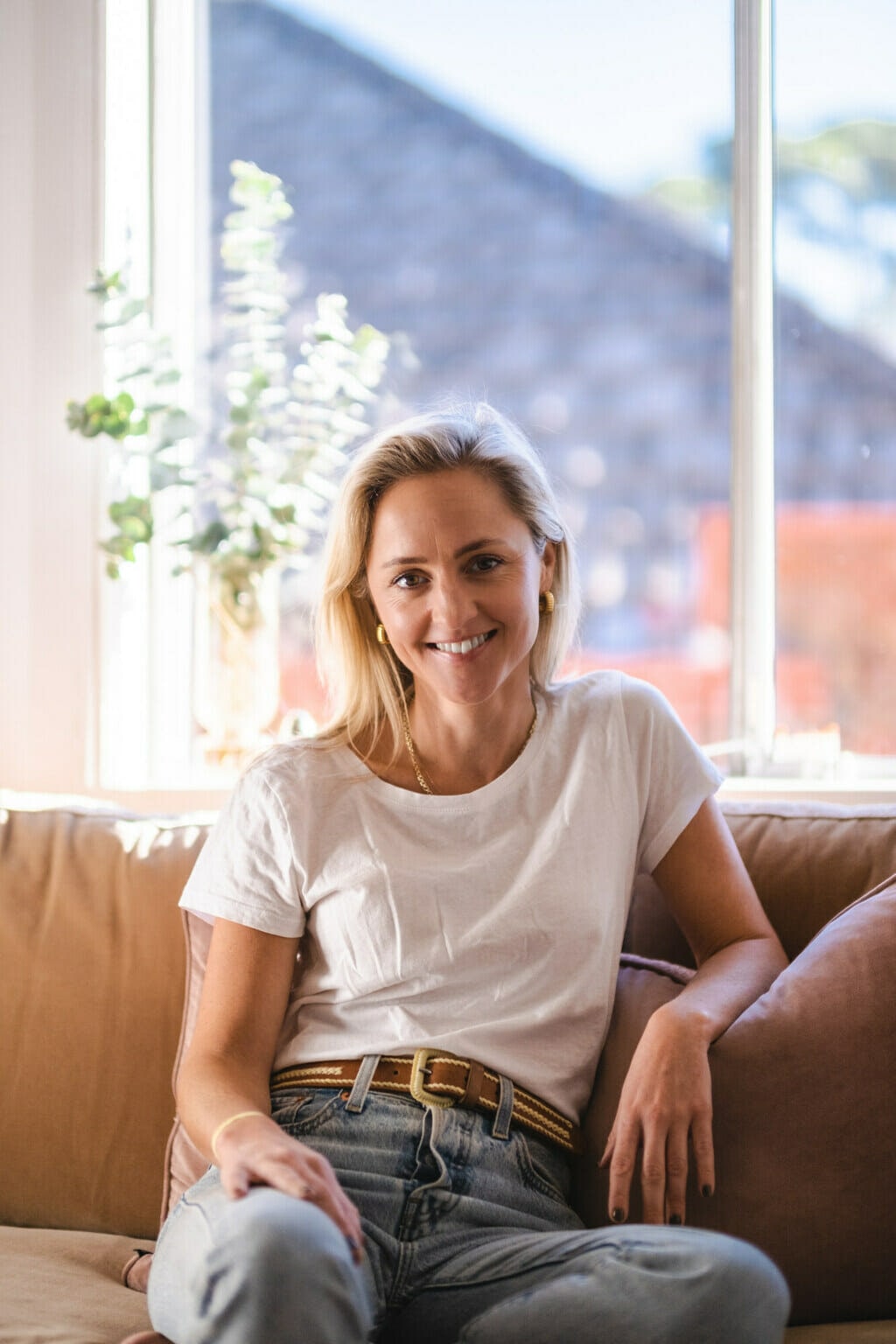
There was no reason to worry, her doctor reassured her, she was young and outside the high risk category for most diseases. So when a specialist said possibly the three most hated words in the English language – you have cancer – it was like someone had turned off the light.
“I was in shock then denial,” admits Georgia, the owner of GV Meditation.
“I didn’t have any context for bowel cancer. I later realised that alcohol and stress had played a big part in what had happened. I’d been divorced the year before, had moved from Melbourne to Sydney and my job was pretty stressful. There was also a fair bit of drinking going on.”
Georgia eventually had surgery to remove the cancer, followed by chemotherapy. “My life was on pause for a year.”
Later there was another surgery to remove a bowel obstruction, a complication from the scar tissue of earlier surgeries. “After not eating for 13 days, I weighed 35k and it was a month before I was able to walk more than 10 steps. I had no energy and felt very low.”
A friend recommended meditation and, eager to overcome her physical and mental slump, Georgia leapt at the opportunity. “I tried a few classes but they didn’t resonate with me. I was running late for my first Vedic meditation class and wasn’t in a great head space but I immediately felt the tension physically drain out of me. Within days my thinking was clearer, I was sleeping better and my mood had lifted.”
Even better was the physical transformation. Vedic meditation, an ancient form of meditation that focuses on repeating a mantra, is deeply restorative for the body so was ideal for Georgia’s healing. Because the practice releases fatigue and stress at an accelerated rate, her energy and mood also lifted. “I was seeing everything with a broader perspective. It what was my body had been looking for my whole life.”
Georgia was such a convert that in 2016 she quit her job and went to India for two months for a full Ayurvedic cleanse and to train as a Vedic meditation teacher.
“I liked my job but I was never truly passionate about it. I felt like I was asleep at the wheel and had suddenly woken up. I knew I wanted to teach others the practice that had changed my life.”
Not everyone was on board. “My father turned white and took two days to recover when I told him I was giving up a corporate job to become a meditation teacher! But despite the fear, I never doubted I was doing the right thing.”
Her business grew organically and today Wellington-born Georgia splits her time between Auckland, Hawke’s Bay (where her family is based) and Sydney.
“I’ve lead over 1,000 people to meditation so far,” she says of her 90-minute classes that run over four days.
They’ve included cancer patients, those suffering from depression, grief and relationship breakups, even those contemplating suicide.
“I’ve worked with a number of people who’ve wanted to take their own lives where we’ve managed to change the outcome. In those cases, Vedic meditation has literally been life saving.”
For her own part, Georgia admits the Eastern modality has been key in her recovery.
“I’ve been cancer free for 10 years. I rarely drink these days and have a heightened degree of awareness about my body and what it needs. I’m not a different person but the way I experience things is very different, especially big events such as breakups and car accidents, both of which have recently happened to me. Meditation has given me the bandwidth to handle them so much better.”
While she’s clearly Team Eastern Modalities, Georgia believes that Western medicine is good “for emergencies, for cutting things out and for diagnosing things”. What it’s not so good for is preventing illness and healing post surgery/treatment.
“There’s so much ancient wisdom in Eastern modalities, whether that’s herbal medicine or meditation, which can make such a difference, particularly for cancer patients when it comes to easing their pain and giving them energy.”
***
“That’s what motivates me – giving a voice to women who don’t have one.”
Heard the one about the woman who was hung upside down with a pomegranate in her vagina?
It’s no joke: history shows that’s how prolapsed pelvises were treated sometime around 440BC.
Thankfully we’ve come a long way since then but Lisa Carnie believes there’s still progress to be made.
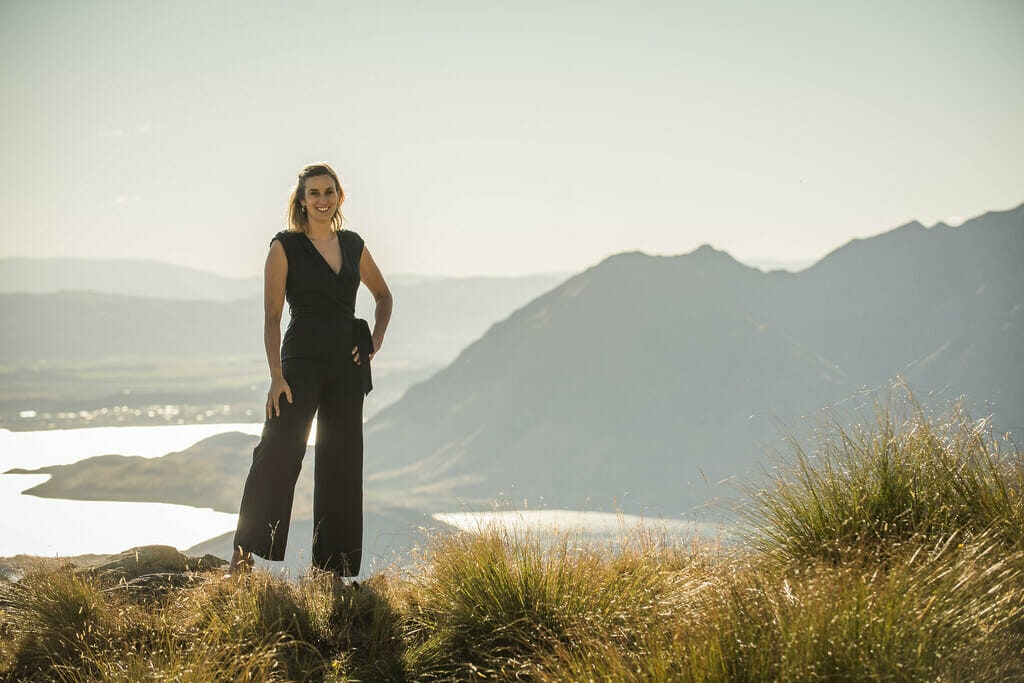
The 41-year-old public health physiotherapist and owner of Wanaka’s Pelvic Solutions specialises in pelvic health issues such as incontinence, painful sex, prolapse, endometriosis, erectile dysfunction and hip, back and pelvic pain.
Her patients range from five-year-old bedwetters to 90-year-olds wanting to exercise without their bladder leaking.
“For so long there’s been shame about these issues but they’re so common that we need to start a narrative and be open about them,” says Lisa.
So common that Lisa, who started her clinic in 2017, has a six month waiting list.
From a quiet cul-de-sac in Wanaka’s northern suburbs, Lisa’s treatment plans lean heavily into medication-free pathways.
“We look at ways to heal without needles, medication or surgery by looking at your general health such as diet, sleep, exercise, periods and relationships. Once we’ve had that top-to-toe assessment we might look at issues such as strengthening or relaxing the muscles, optimising breathing patterns, looking at imbalances and alignment within the musculoskeletal system and addressing lifestyle factors such as stress, diet and exercise”“
In some cases, patients may be referred to GPs, surgeons or holistic practitioners such as naturopaths or osteopaths.
It’s an approach borne out of Lisa’s experience of giving birth to her son Rio via C-section a decade ago (she also has a three-year-old son Vin).
“I was given an epidural that went wrong. It made me blind for three days and I wasn’t able to stand longer than 10 minutes.”
A week after being released from hospital, Lisa’s relationship ended.
“I was on my own with a two-week old baby and a body that didn’t work well. Plus, I’d recently returned from living in the UK so I didn’t know many people in Wanaka.”
Having previously been super fit, Lisa found it hard to adjust to her new normal.
“I wasn’t able to exercise and lost all my fitness. I I had such an in-depth knowledge of the body through my work as a physio so I thought I knew how to heal myself. But my abdominal wall had changed and I couldn’t breathe or stand properly.”
Seeking a medical professional to talk to, Lisa realised there was gap in the market.
“After six weeks you lose your midwife and I couldn’t find anyone I trusted to discuss my post natal issues with. I realised that so many women have issues such as incontinence, pelvic pain and mental health issues that are taboo or swept under the carpet.”
It prompted Timaru-born Lisa to start studying women’s health through Melbourne University and in 2015 she set up a women’s health service at Dunstan Hospital. Four years later, she opened her own clinic.
Helping the voiceless is something Lisa knows a thing or two about. During a 10 year OE she lived in Haiti, Brazil and Vietnam working in humanitarian roles. In Haiti, for example, she spent a year helping spinal patients after the devastating 2010 earthqake.
“Those experiences taught me how many people suffer in silence, especially women who can’t access help or think they don’t deserve it. That’s what motivates me – giving a voice to women who don’t have one.”
Related Article: Young Rock Star Presents The Savage Truth In Provocative Theatre Work

